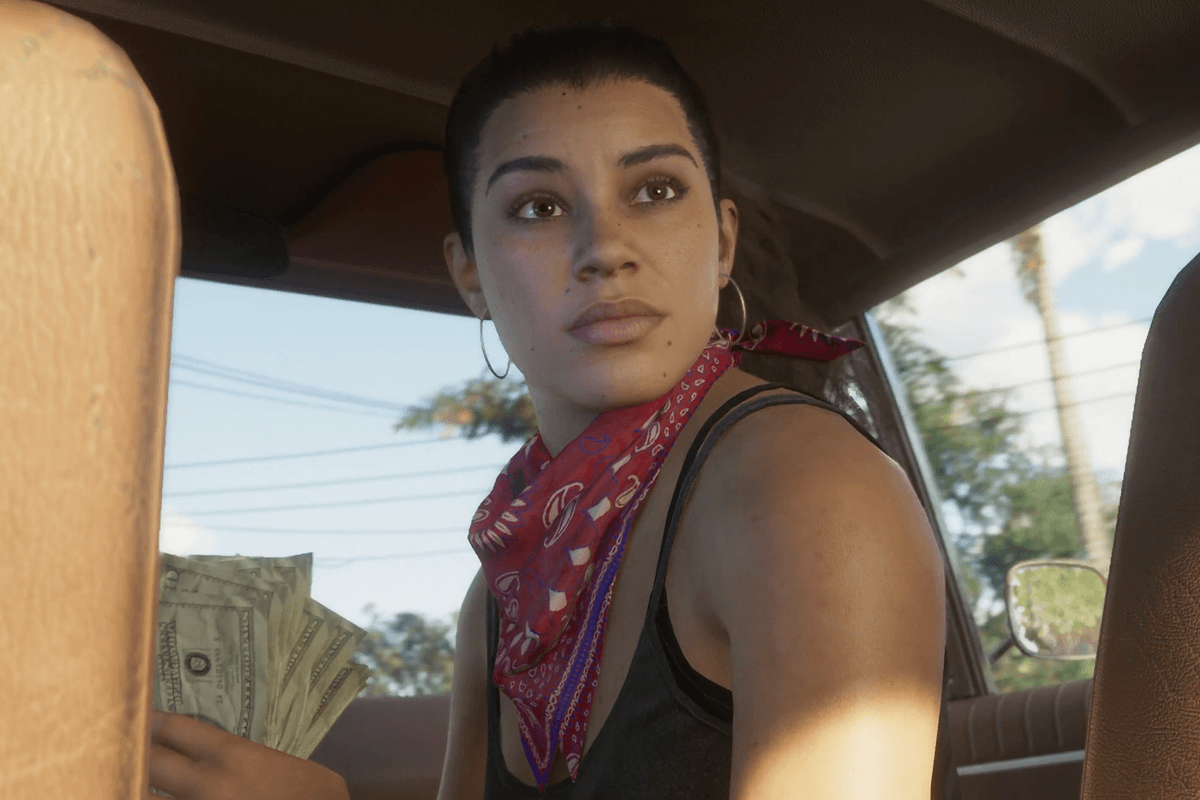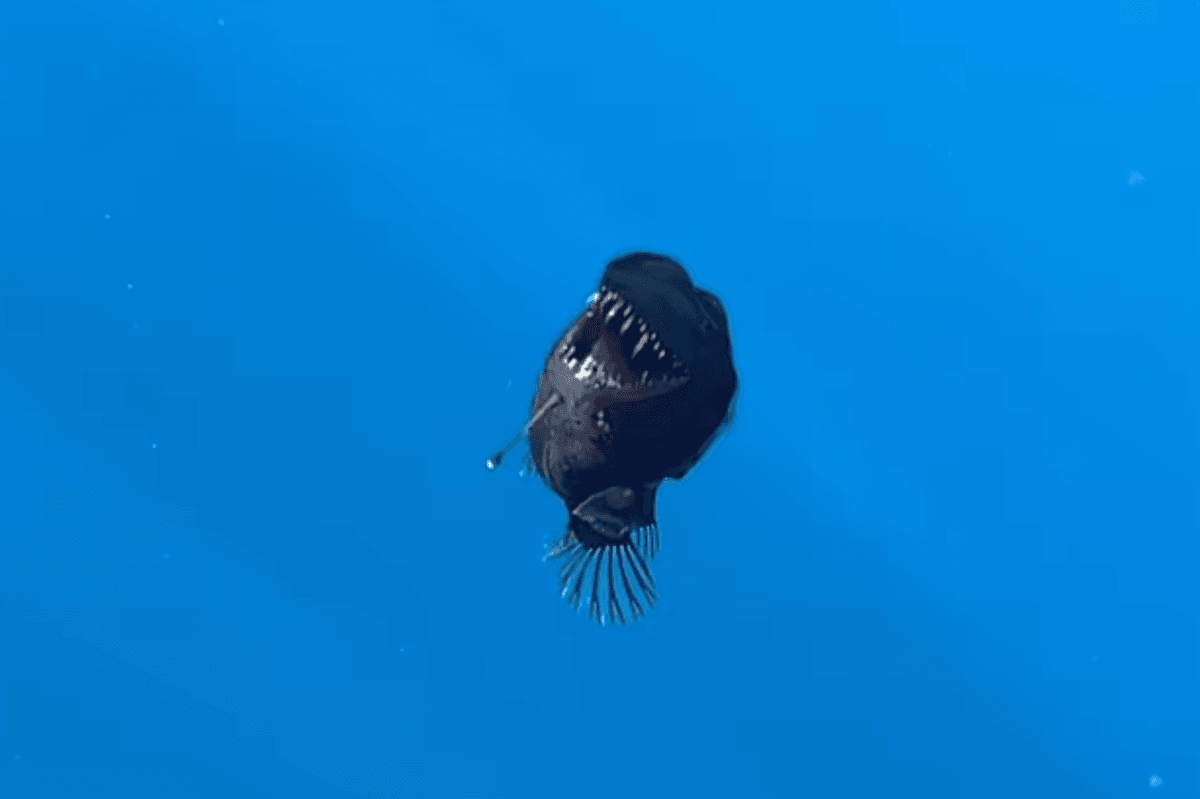Sophie Thompson
Jan 22, 2025
Exploring the Majestic Ice Formations of a Snowy Mountain
BVIRAL - Over 30 seconds / VideoElephant
The remnants of a glacier on an island in the Canadian Arctic could be the oldest proof of their existence - and tell us about what a future ice age could look like.
A landslide of thawing permafrost (ground that remains frozen for at least two years straight), has revealed the ice, which is thought to be at least 770,000 years old.
Researchers were able to give an age to the glacier remnants after they found a flip in the alignment of magnetic minerals that correctly matched up with a reversal of Earth’s magnetic field.
While other studies have found ice sheets as old as 26,000 years old, this is a significant step forward in uncovering the history of both that area and the history of the ice age, and each of the rock's layers tell a story about its past.

Glaciers form when snow stays in the same area all-year-round, where eventually enough snow will turn it to ice due to the compression - and there's currently around 200,000 of them in the world.
Given its age, this exciting discovery could tell those studying it more about the Pleistocene epoch, a period where the Earth switched between ice ages and warm peaks, which took place 2.58 million to 11,700 years ago.
But since the North and South Poles are still covered in ice, it's still up for debate as to whether we're still technically in an ice age.
However, if scientists want to get a closer look at the glacier, they'll need to act fast, as its exposure to the elements and climate change could speed up how quickly it melts. According to the WWF, more than a third of the world's glaciers will be gone before 2100.
"These [Pleistocene climate shifts] are analogs for what we can see in the future,” says geomorphologist Daniel Fortier of the University of Montreal.
Sign up for our free indy100 weekly newsletter
How to join the indy100's free WhatsApp channel
Have your say in our news democracy. Click the upvote icon at the top of the page to help raise this article through the indy100 rankings
Top 100
The Conversation (0)














